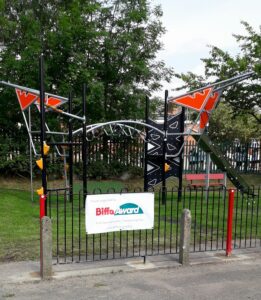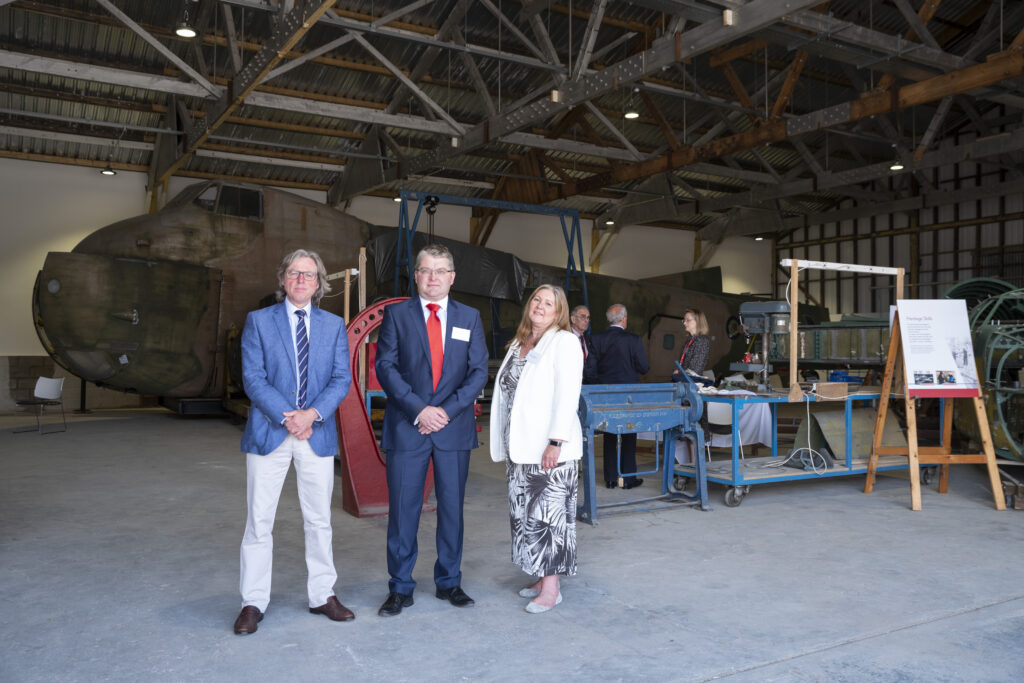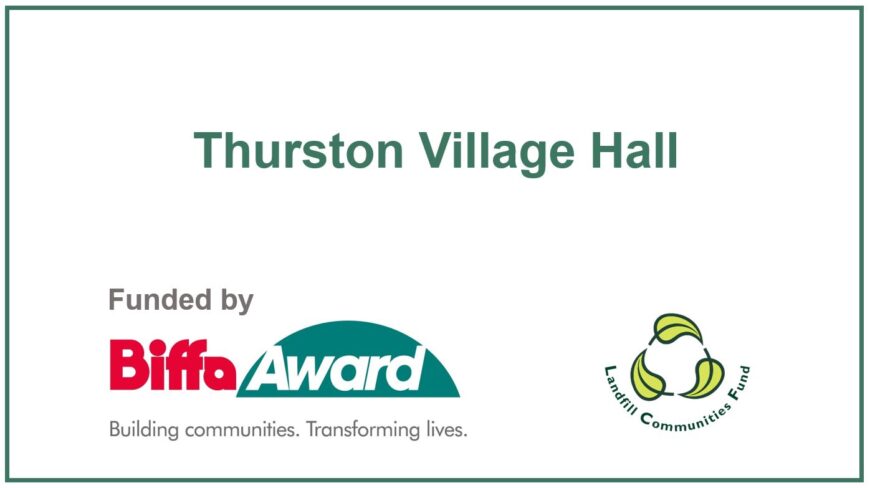The 306th Manchester Scout Group was established in 1957 and has had a presence in Manchester for nearly 60 years, during which time it has been well supported by the community.
And now, thanks to a £16,960 grant from Biffa Award, as part of the Landfill Communities Fund, the group is able to repay that support with a newly refurbished hut which includes new toilets, kitchen and, finally, heating that will enable people to use the hut in comfort for the first time ever.
As well as hosting uniformed organisations, the popular building is also home to a children’s amateur dramatics group, a football club, a slimming group, dog training sessions and a gardening club.
Jon Haves, Chair of 306th Executive Committee, said: “I must thank Biffa Award for the substantive grant they awarded us to complete our facilities. Without their generosity and commitment to the community, this refurbishment just would not have happened. Thank you very much Biffa Award for investing in our young people and investing in our community.”
Rachel Maidment, Biffa Award Grants Manager, said: “Sometimes a relatively small grant can make a huge difference to an organisation, like in the case of 306th Manchester Scouts. We are privileged to be able to fund the refurbishment of the building to benefit the whole community.”

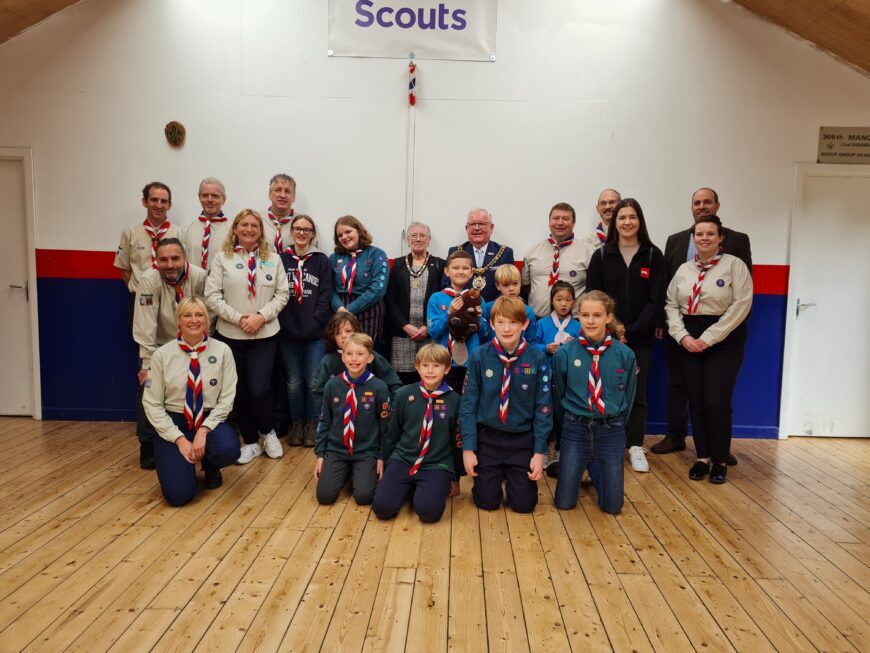
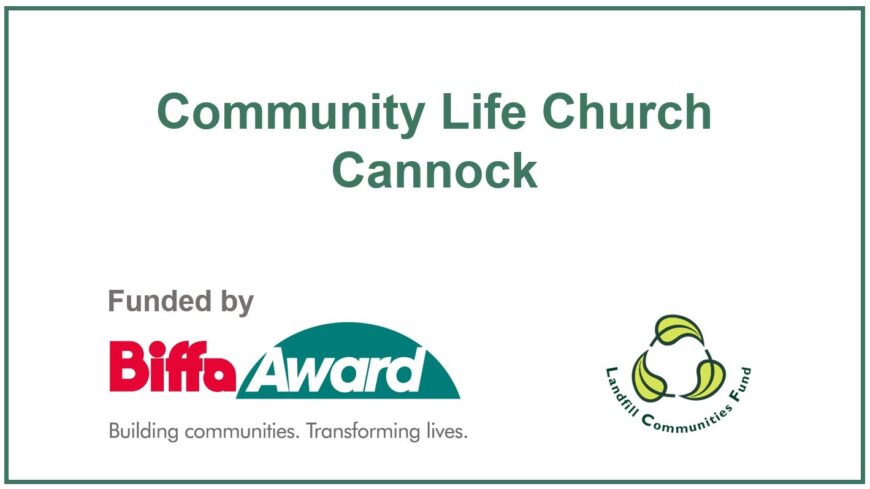
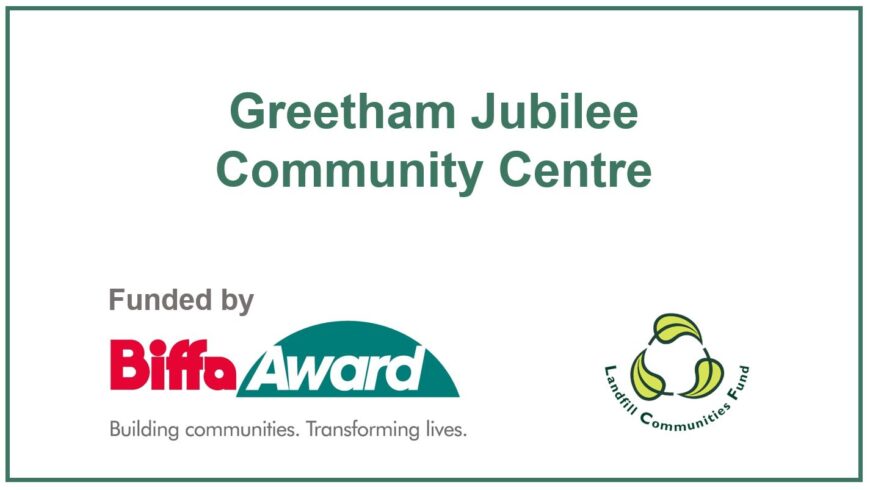
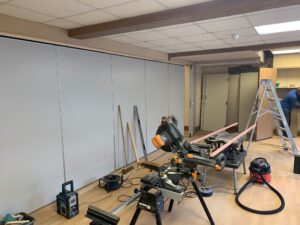 A £20,182 grant from Biffa Award, as part of the Landfill Communities Fund, means that windows can be installed at one end of the hall, creating a bright airy space filled with natural light. A new sliding acoustic wall means that the large hall will be able to be split into two spaces to accommodate more groups, increasing the rooms available at the centre to three. Work is currently underway.
A £20,182 grant from Biffa Award, as part of the Landfill Communities Fund, means that windows can be installed at one end of the hall, creating a bright airy space filled with natural light. A new sliding acoustic wall means that the large hall will be able to be split into two spaces to accommodate more groups, increasing the rooms available at the centre to three. Work is currently underway.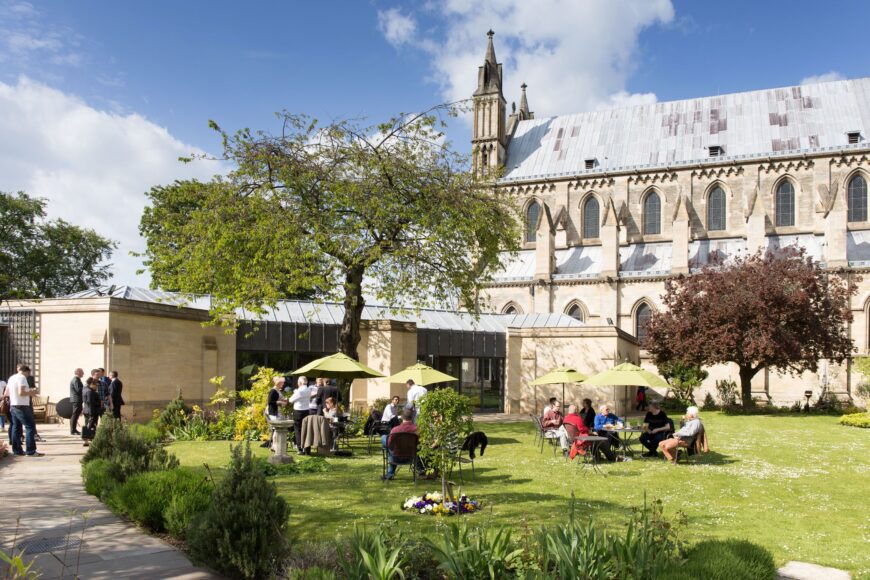



 Scotter War Memorial Playing Fields Committee secured £125,000 towards a desperately needed brand new play area for the children of the parish- including £70,000 from Biffa Award. as part of the Landfill Communities Fund.
Scotter War Memorial Playing Fields Committee secured £125,000 towards a desperately needed brand new play area for the children of the parish- including £70,000 from Biffa Award. as part of the Landfill Communities Fund.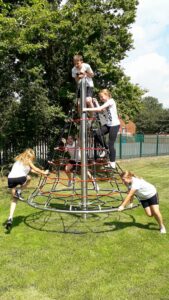 Martin Ely, project lead said, “It’s great to see all our hard work come to fruition and to see the children enjoying themselves. There were some additional challenges along the way – like Brexit and Covid – but we got there! I’d like to say a massive thank you to all the people and organisations that have helped out – without their support this would not have happened and now we have a great facility in the village that’s been built to last for many years.”
Martin Ely, project lead said, “It’s great to see all our hard work come to fruition and to see the children enjoying themselves. There were some additional challenges along the way – like Brexit and Covid – but we got there! I’d like to say a massive thank you to all the people and organisations that have helped out – without their support this would not have happened and now we have a great facility in the village that’s been built to last for many years.”